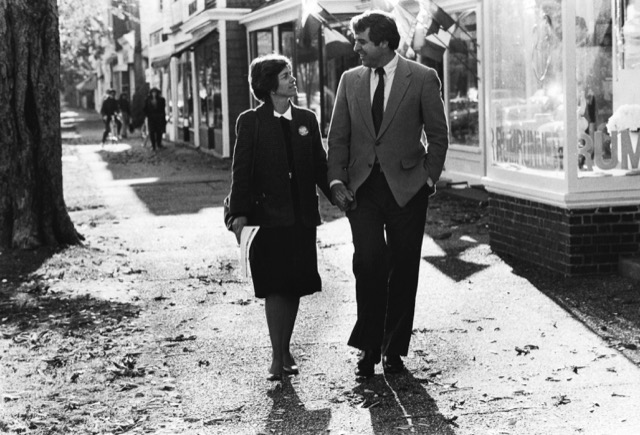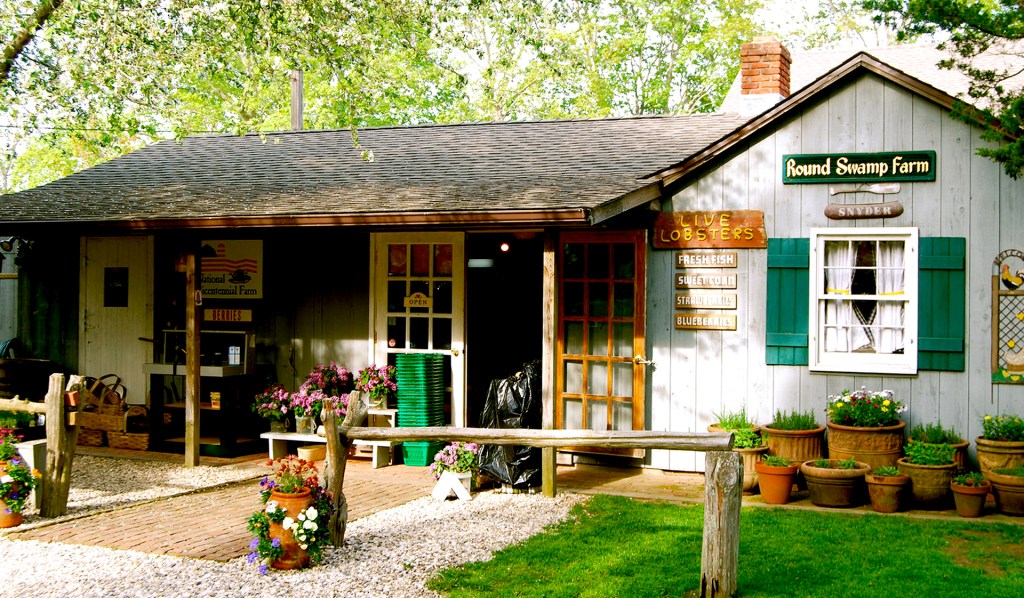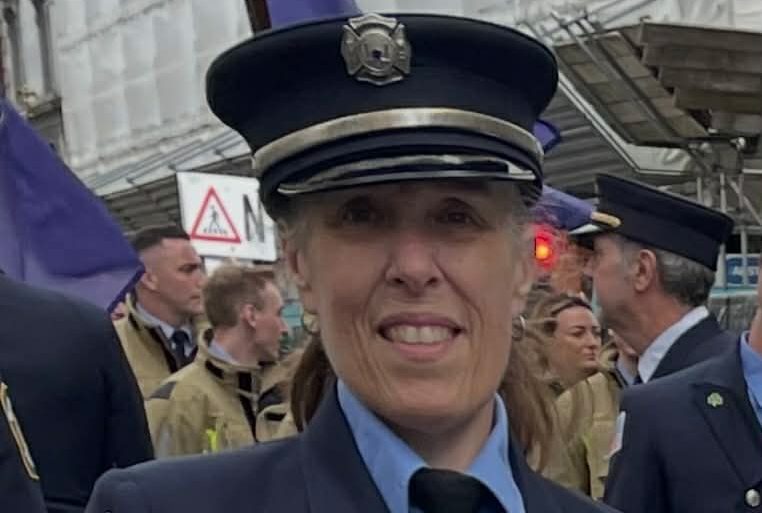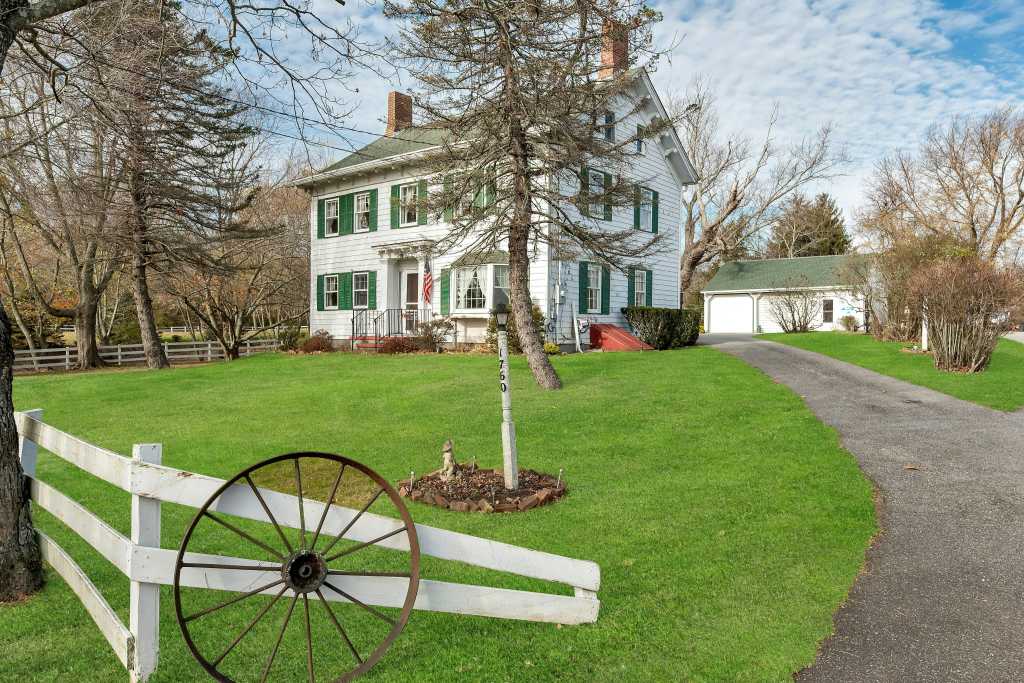Power Broker: Ex-East Hampton Supervisor Judith Hope

Judith Hope is more than just a high-profile Hamptonite, she’s also a New York State and national political power player whose life story begins in a small town in southern Arkansas. She came to the East End by way of New York City, where she went to school.
“I came here, and I fell in love with it,” she says. “It is one of the most special places in the world, and I still feel that way about it. This is home, and I am so grateful that I found it, and I’ve had a wonderful life here.”
Many people now know her as the former East Hampton Town supervisor. Others may recognize her from her time as the leader of the state Democratic Committee. In the early 1970s, The New York Times referred to Hope as a “novice” when it came to her political sense. In response to the comment, then-Suffolk County Democratic Chairman Dominic Baranello said that Hope was “the most articulate and outstanding woman to come into the party in ages, maybe ever, and she’s going to have a great deal to say about its future.” She held the post seven years.
In 1973, she was elected the East Hampton Town Supervisor, the first female to ever hold the post. She reminisces that the position presented its challenges, but with effective government, she was able to make a difference.
“Anytime you are the first in any given situation—politics, industry, academia—there is a period that you have to prove yourself far beyond what others have to do,” she says. “However, I found working in government rewarding, especially in local government, because every day you could see the results of your work. You could build affordable housing, and there it was. You could save open space, and it will be there forever.
“We saved over 5,000 acres of open space in East Hampton Town,” she adds. “We ran on an environmental ticket, and we fulfilled all of our promises, so it was very rewarding.”
She ever so humbly accredits her team for their work alongside of her.
In 1979, Hope married Tom Twomey, a well-known attorney and activist in the community who shared her civic mindedness. He was a partner at the East End’s largest law firm, Twomey, Latham, Shea and Kelley. Hope remembers how they bonded over their shared love for community engagement.
“During that period, I was recruited to run the state Democratic Party,” she recalls. “Gov. Mario Cuomo had just lost his gubernatorial bid for re-election. The party was over $800,000 in debt, and during my tenure there we registered more than a million new voters, elected a state comptroller and two state senators, Chuck Schumer and Hillary Clinton. It was tough work but wonderfully rewarding,”
Her political role in electing environmentally minded candidates helped the state pass measures that still benefit the area today.
“I managed to work behind the scenes to get the 2% transfer tax passed, which has raised over $1 billion for the five East End towns, and with it, we have been able to save hundreds of acres of open space, save historic structures, and we can now use it for water quality projects,” she says. “This has been an extraordinary benefit to the East End. It’s a constant fight to save what’s left, and it gets more difficult every day.”
Hope is the founder of the Eleanor Roosevelt Legacy Committee, which is a project to encourage Democrat women to run for state and local office. The organization celebrated its 20th anniversary with Hillary Clinton as the project’s keynote. Hope remains on the project’s Council of Advisors, which she’s had an immeasurable role in helping to foster, from its infancy to today.
“Women were not running for office in great numbers, because they did not get the financial or political support that they needed,” she recalls of her inspiration for founding the group.
Many of the noteworthy elected officials who have had the support of Eleanor’s Legacy include Suffolk County legislators Kara Hahn and Bridget Fleming, state Assemblywoman Rebecca Seawright and dozens of others for local, state and federal office.
As an East Ender, Hope is proud of the region she calls home.
“I have a very strong feeling for the local ways that are threatened and rapidly disappearing,” she says. “When I first moved out here in 1967, there was a vibrant fishing industry, a vibrant baymen’s industry, all local people who fish offshore. They were, and they are, a very unique breed of human being.
“They are tough, strong, but very close to nature, sensitive to the environment,” she continues. “They had such a unique relationship with this very beautiful and fragile relationship with nature out here. I have always understood, though, that life out here is a balancing act, because people see the beauty out here, they fall in love with it as young kids, they return when they’re adults, and they love it, too.”
“When we make it a collective effort, we are much more successful,” she adds. “When we get everyone behind preserving the environment out here, there is nothing you can’t do.”
She remains an activist, working very hard for the South Fork Wind Farm, which would provide clean and renewable energy for 70,000 homes on the South Fork with 15 offshore wind turbines.
As for her legacy, she hopes that she is remembered for more than what she did, but for whom she inspired.
“In my heart-of-hearts, the environment has always been my driving passion,” she says. “Every political job I have held, I have tried to use it in a way that would advance a clean world, clean community, clean town, clean air, clean water preservation. We see now, with climate change so threatening, we understand how much is still at stake and time is short.
“I would like to leave a clean planet for my children and grandchildren,” she continues. “Both my children stayed here, they live wonderful lifestyles because every spare moment they spend near, in or on the water. It makes for a wonderful lifestyle for them and their kids. They have become the new local people. They are almost Bonackers—not quite, but they do love it here and they do understand that it’s rare and always threatened.
“There is solitude on the water, and out here, even though sometimes it is overrun, you can still find it.”
Todd Shapiro is an award-winning publicist and associate publisher of
Dan’s Papers.









